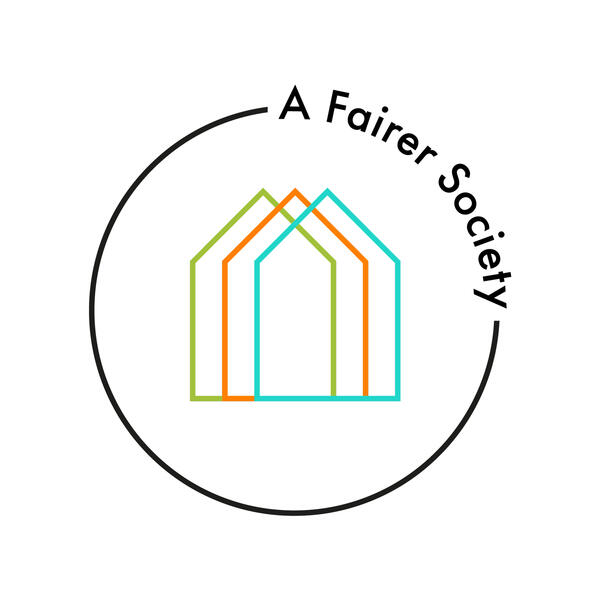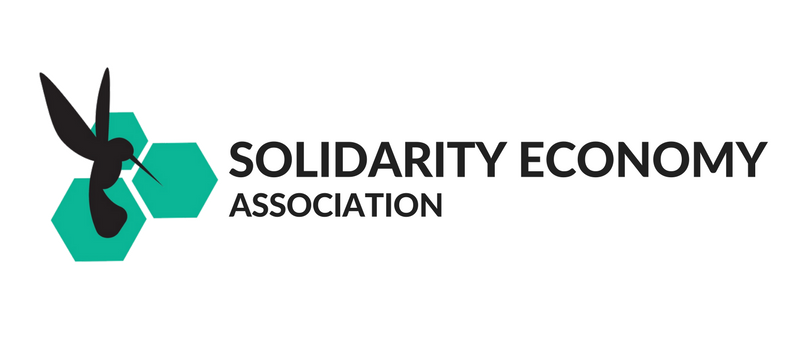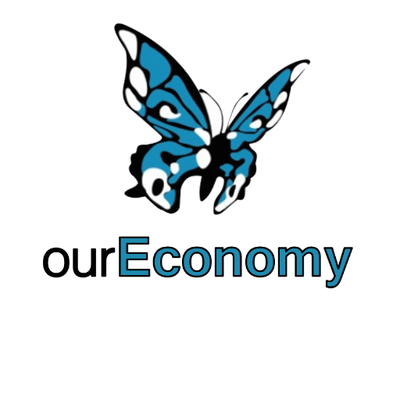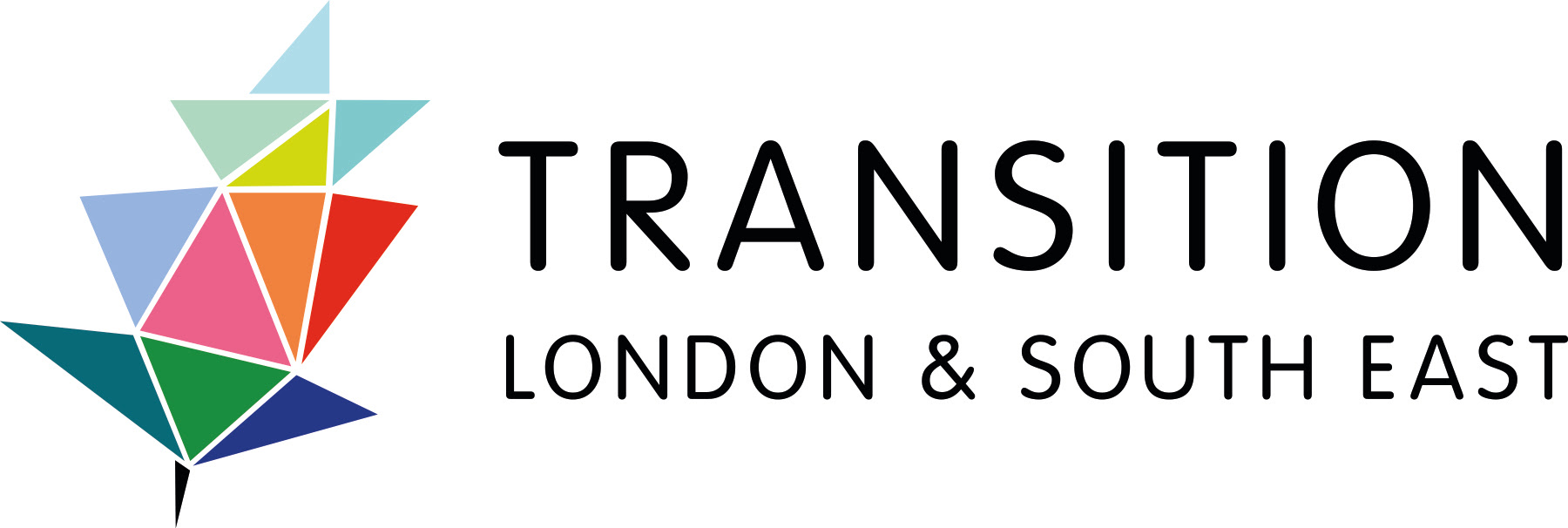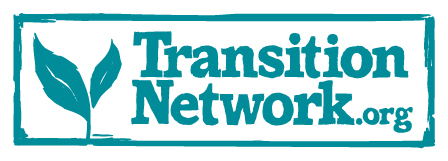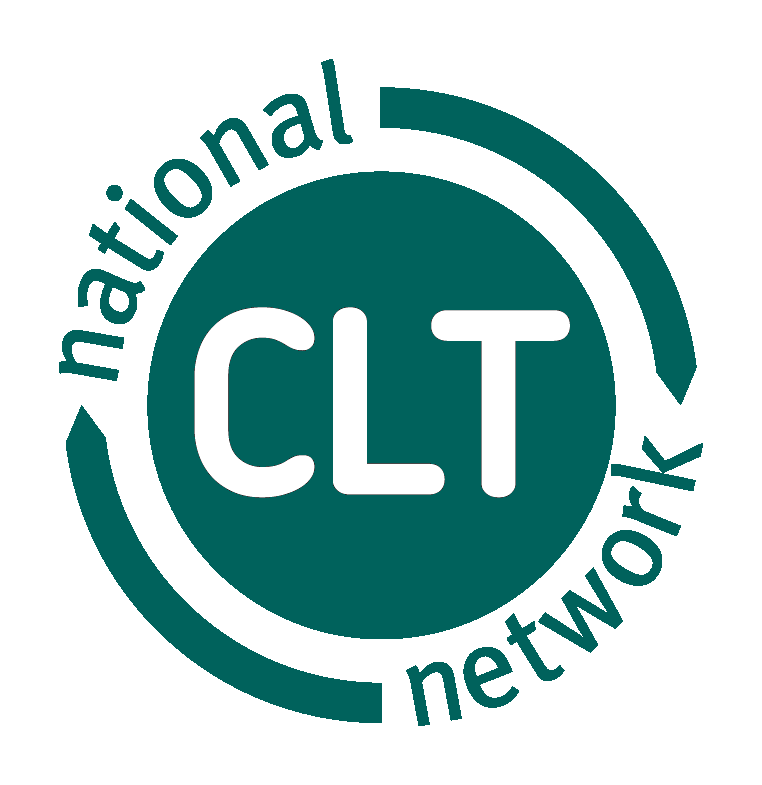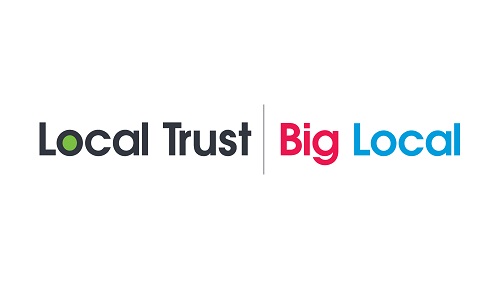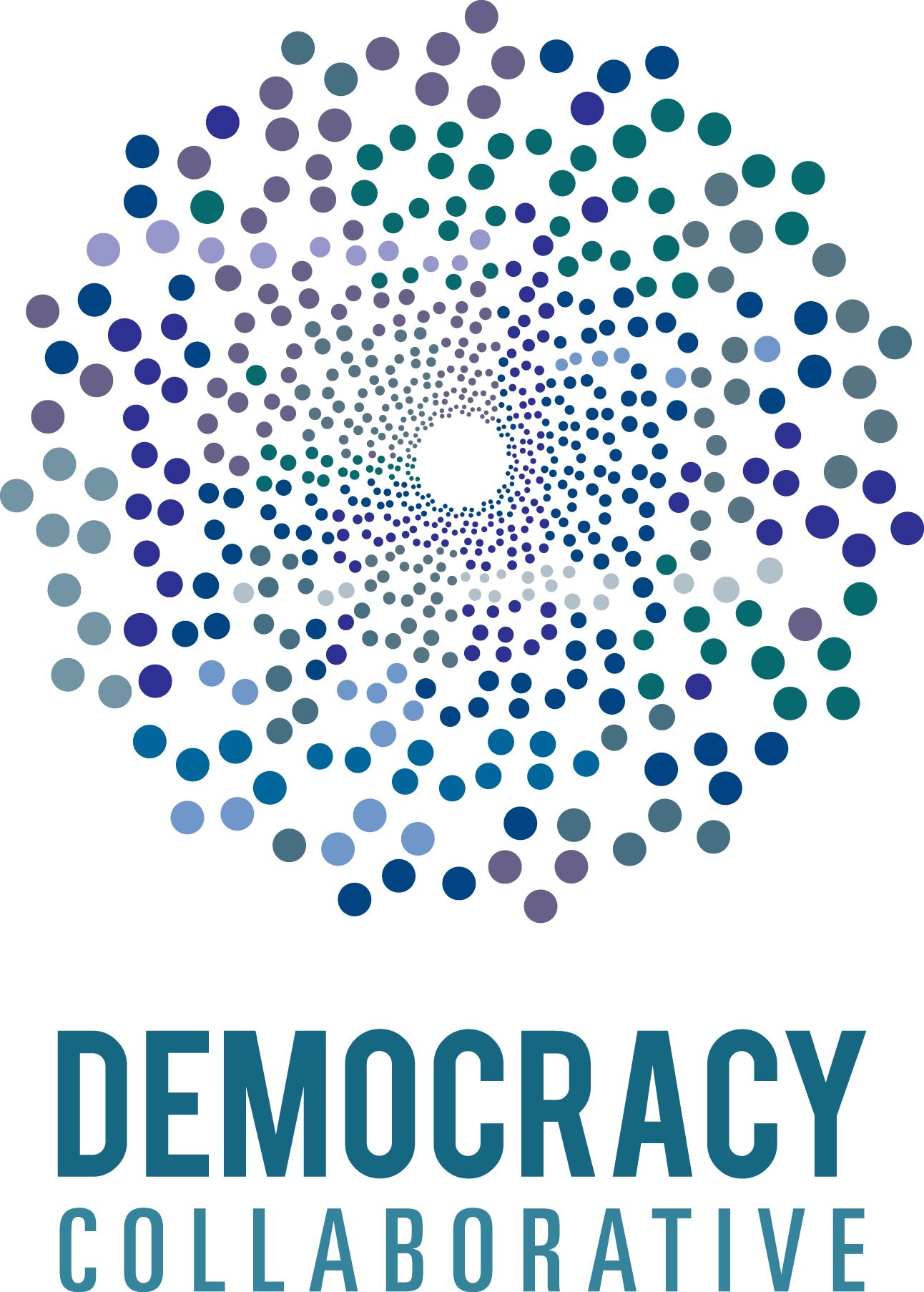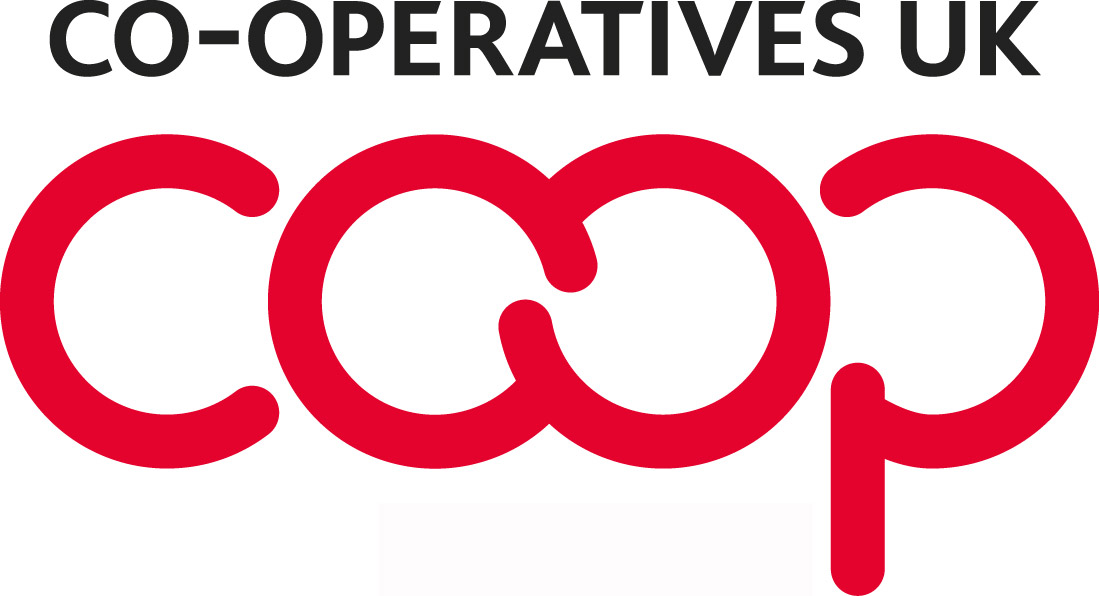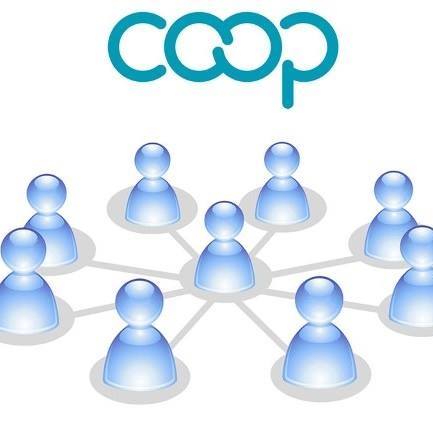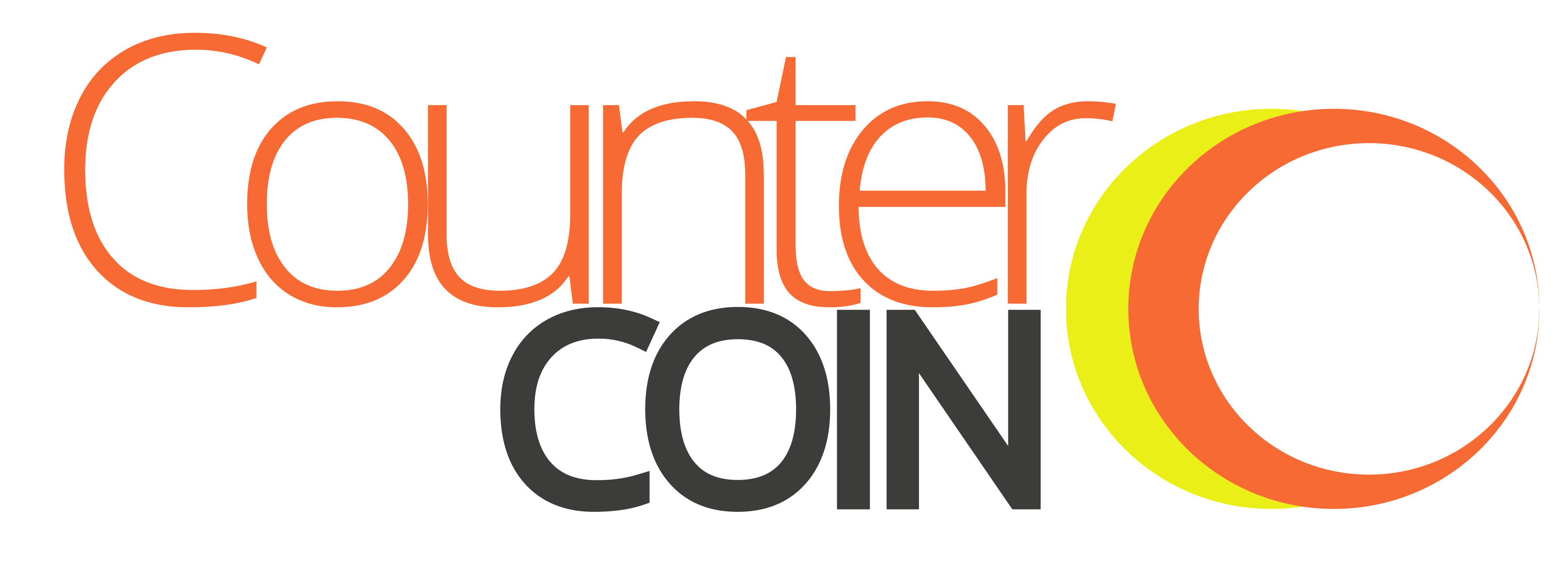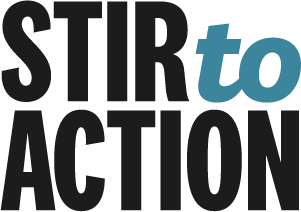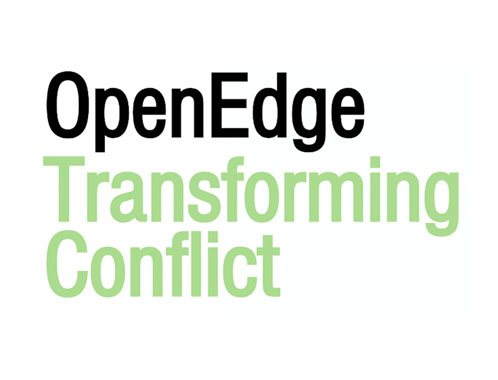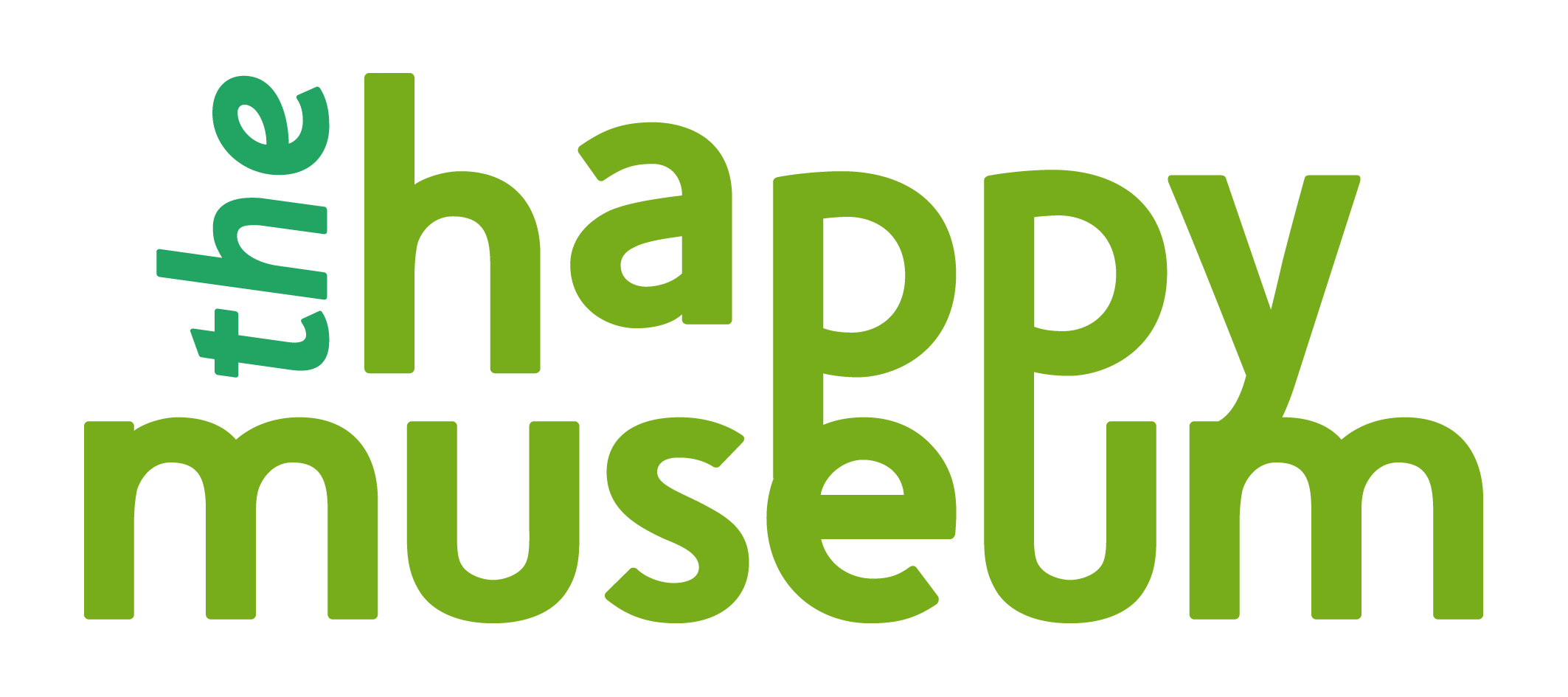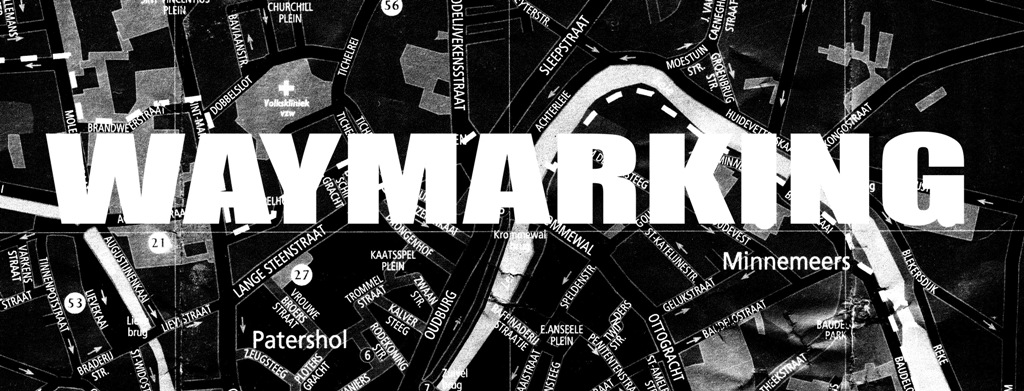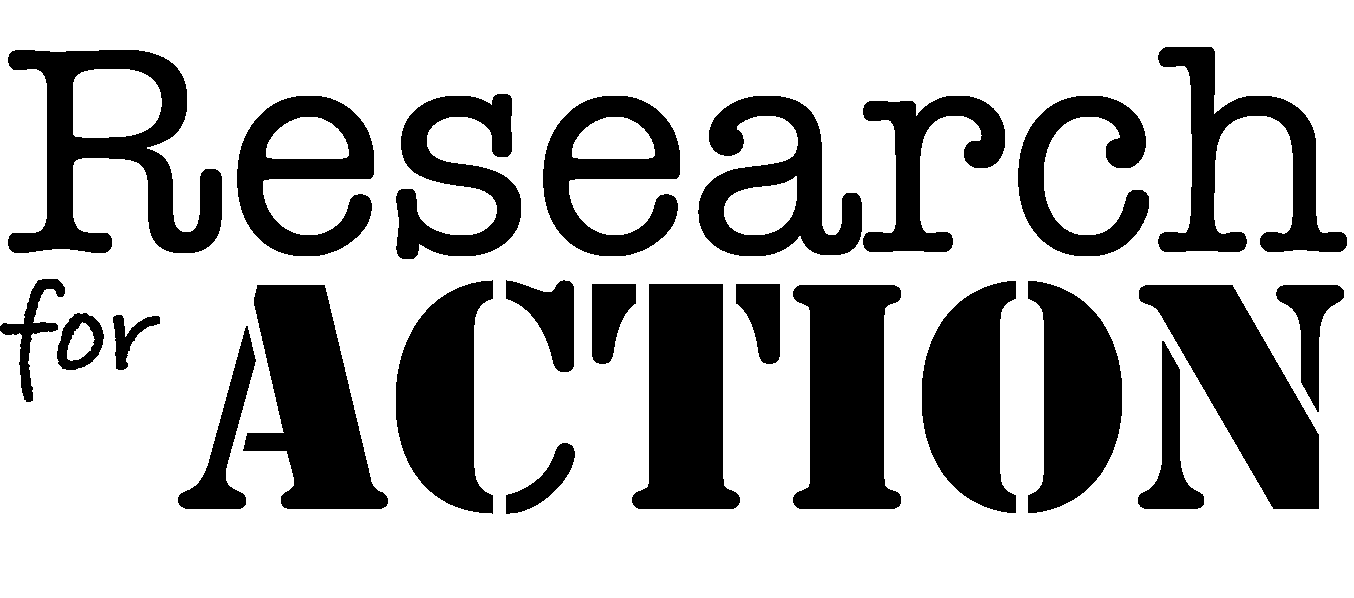Towards A Solidarity Economy – by Kat Darling
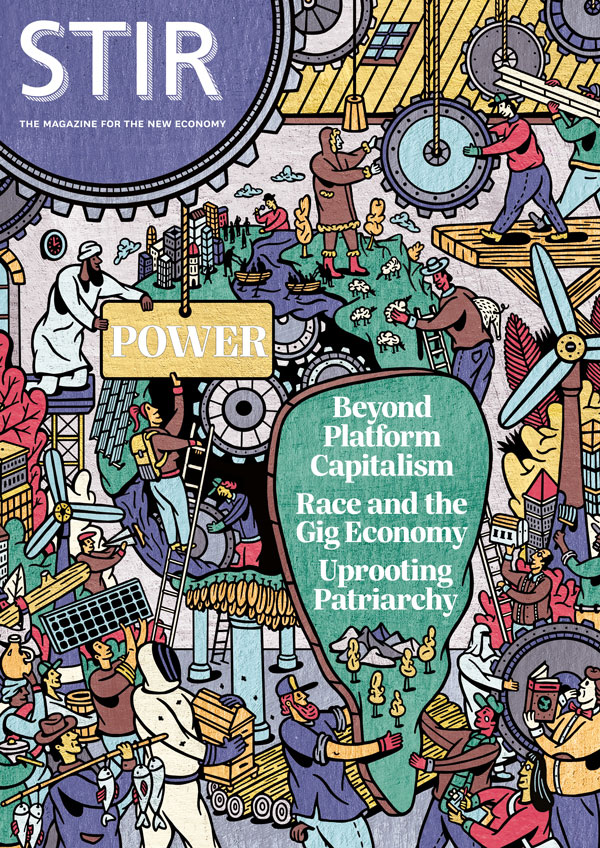
Original published in STIR magazine’s Winter issue, now available here.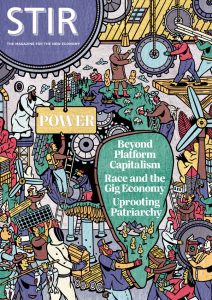
Kat Darling of the Solidarity Economy Association introduces the concept at the heart of her organisation, highlights its crucial role in this time of change, and explains how the CTRLshift summit can push forward this progressive agenda.
The past year has shown us – aggressively and repeatedly – why we need now, more than ever, to step up and address our society’s problems together. Trump’s inauguration at the start of 2016 in many ways set the tone for the year: the growth in populism, the sense of democratic powerlessness over the UK’s EU referendum result and the triggering of Article 50, the devastating storms around the world and subsequent lack of support given to communities like those in Puerto Rico, for whom the conversation about international aid quickly became about the scale of their national debt.
Whilst many Stir readers are becoming more familiar with the theory behind solidarity economics (see issue 18), it’s clear that it’s time to refocus on the practical things we can do in the UK, following in the footsteps of our international counterparts to accelerate the transition to a solidarity economy.
What is the solidarity economy? A recap.
The solidarity economy is fundamentally about values. It’s a form of economic activity that embodies true democracy, participation, co-operation, ecological sustainability, and justice for everyone, particularly those marginalised by society. It’s an approach that recognises everything we do to meet our needs – from feeding and housing ourselves to gardening and exercising – is all connected economic activity. This interdependence is important as it is through taking responsibility for how we meet our needs and its impact on others, that we can start to act in solidarity with, rather than in competition against, each other.
The fact that these fundamental values are missing from our current dominant economic system is obvious. If our public institutions truly valued people, would, for example, the decision have been made to ‘economise’ fireproof cladding for the homes where hundreds of residents live? Records even show that Kensington Council made more money from the sale of two houses than they budgeted for cladding on Grenfell Tower.
Solidarity economics also provides us with a framework for approaching transition. In his comprehensive article for this magazine’s January Solidarity Economics issue, Canadian community activist Mike Lewis explained how the solidarity economy approach interacts with three economic systems — private, public and social — and describes it as a ‘relatively small circle cutting across all three systems.’ Forging allies across these three systems is vital if solidarity economics is going to be transformational, joining up global actors and movements to shift the economic paradigm.
It’s time for us to recognise the collective power of our movements and collaborate to bring about meaningful change. As author and activist Naomi Klein said in her speech to October’s Labour Party conference, there’s a very clear call to action to see ourselves not as individual organisations or causes, but as a movement of movements, and to collaborate across sectors on an unprecedented scale.
But how can we actually do this?
- Identify our allies – across sectors, within movements, organisations, and authorities.
- Appeal to our shared motivations – clearly demonstrate how cross-sector collaboration could help us to meet all our goals together.
- Show how it can be done – provide practical examples of where shared vision has been achieved through collaboration.
- Facilitate networks, coalitions, and movements – with a shared agenda and greater capacity for bringing about change.
- Prepare ourselves for confronting different forms of power, and ‘contest’ each other’s solutions.
This is beginning to happen in some exciting areas, notably on an event to be held in Wigan early next year. Activists, organisers, commoners, and entrepreneurs will meet at the CTRL-Shift event to develop a shared agenda to shift power over our democracy, economy and environment, from Westminster and multinational corporations, to people and communities across Britain.
There is another important element to consider, though. A lot of the information that exists about the solidarity economy is predominantly aimed at those of us already working in this area, written by and largely for academics, activists, or researchers. It uses language and draws parallels that are meaningful for us, but are often not understood by people who are not engaged in this type of activity.
As a movement we need to be thinking more about how we reach a wider audience, not just in the language we use and the way we frame our arguments, but in the ways we actually do cross-sector collaboration, rooting it in grassroots activity. A great example of this is the website belonging to Solidarity Economy St Louis, a network of individuals and organisations working together under the shared values of a solidarity economy for the city. They share practical examples from their members, like profiling specific food producers, to encourage others to support them. But they clearly show how these individual producers fit within the wider context of their food justice work, and show how an entire network of producers, consumers, educators, organisers and others are creating an alternative food system, which, in turn, is part of a much wider framework for an alternative economic system for the city.
As Mike Lewis points out, solidarity is much more than a concept; in the context of solidarity economics, it is ‘a framework for the co-production of strategies that strengthen the resilience of communities, regions and societies; it is a call to advance the common good together, rather than alone’. This means that if we are truly going to co-create strategies, from the community level to the global, then we need to find ways of communicating the solidarity economy to a broader audience, and to empower everyone across educational boundaries.
Truly collaborating across movements will not be easy. We all prioritise political and economic causes, and have limited resources, and even sometimes conflicting motivations. But we do have a responsibility to address the things that are holding us back and to show how, by playing an active role in creating a solidarity economy, we have the power as citizens, workers, consumers, and as human beings to create a viable and just alternative.


